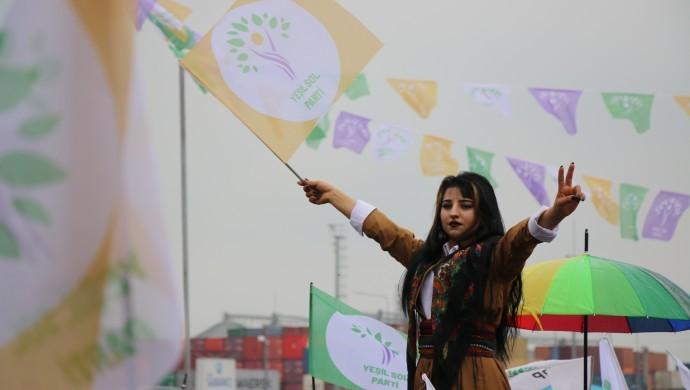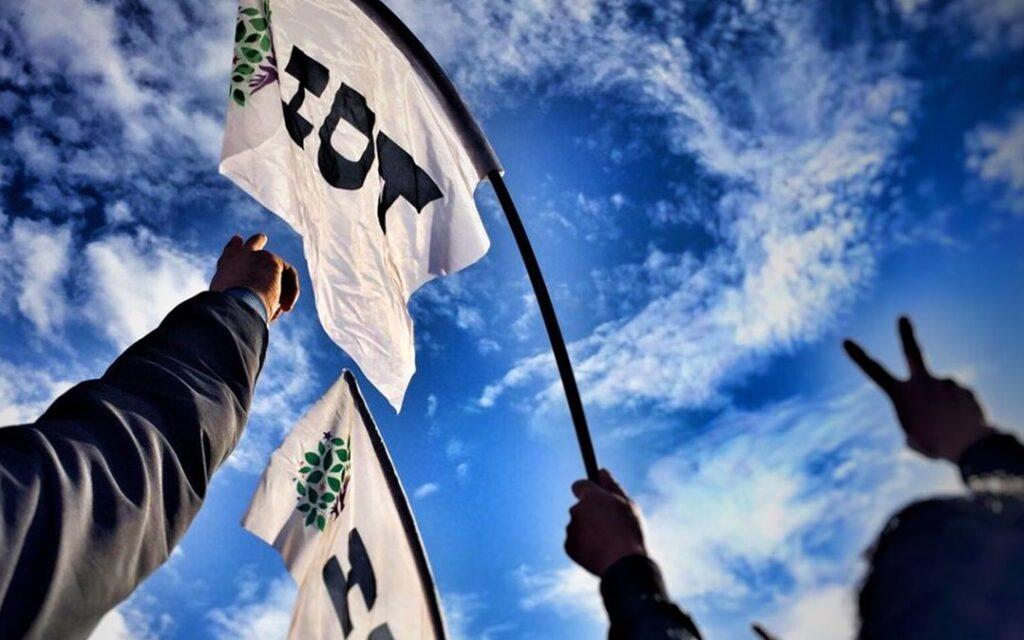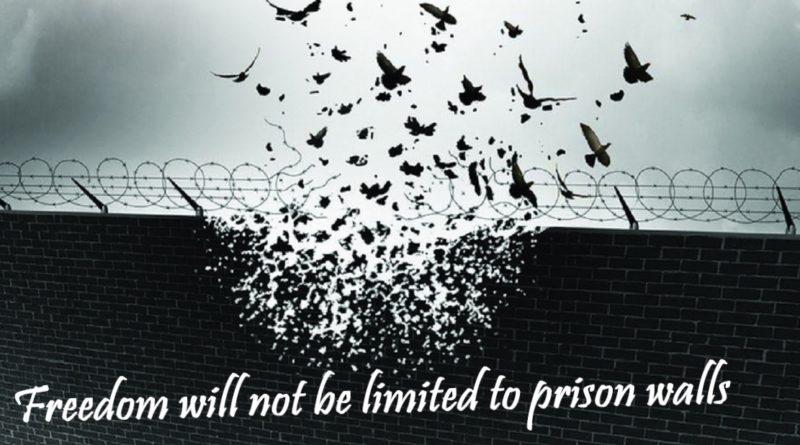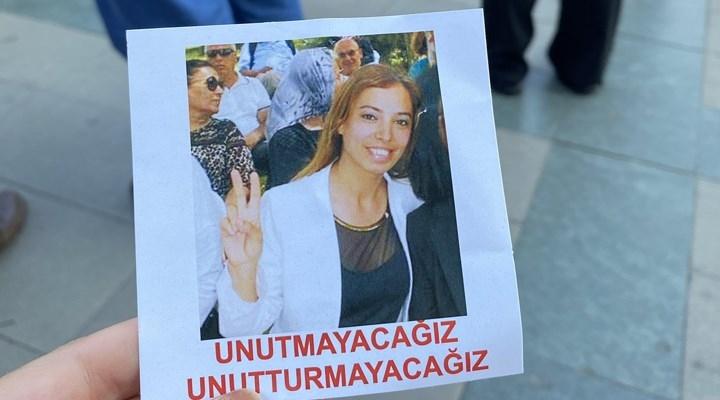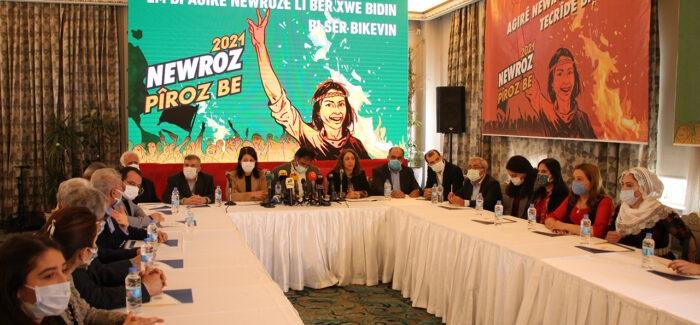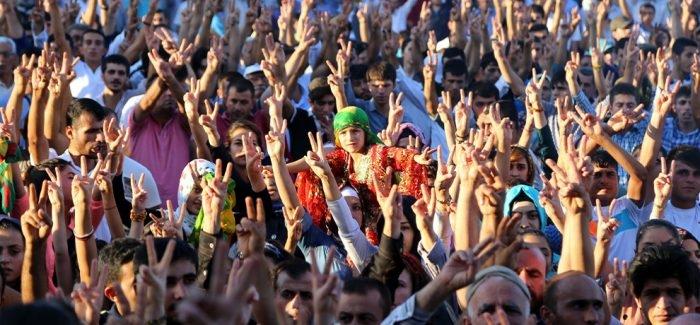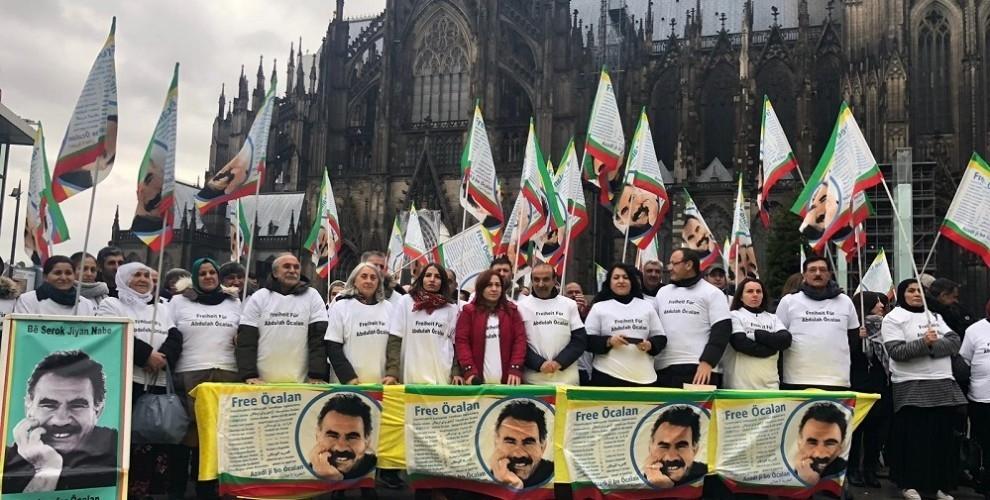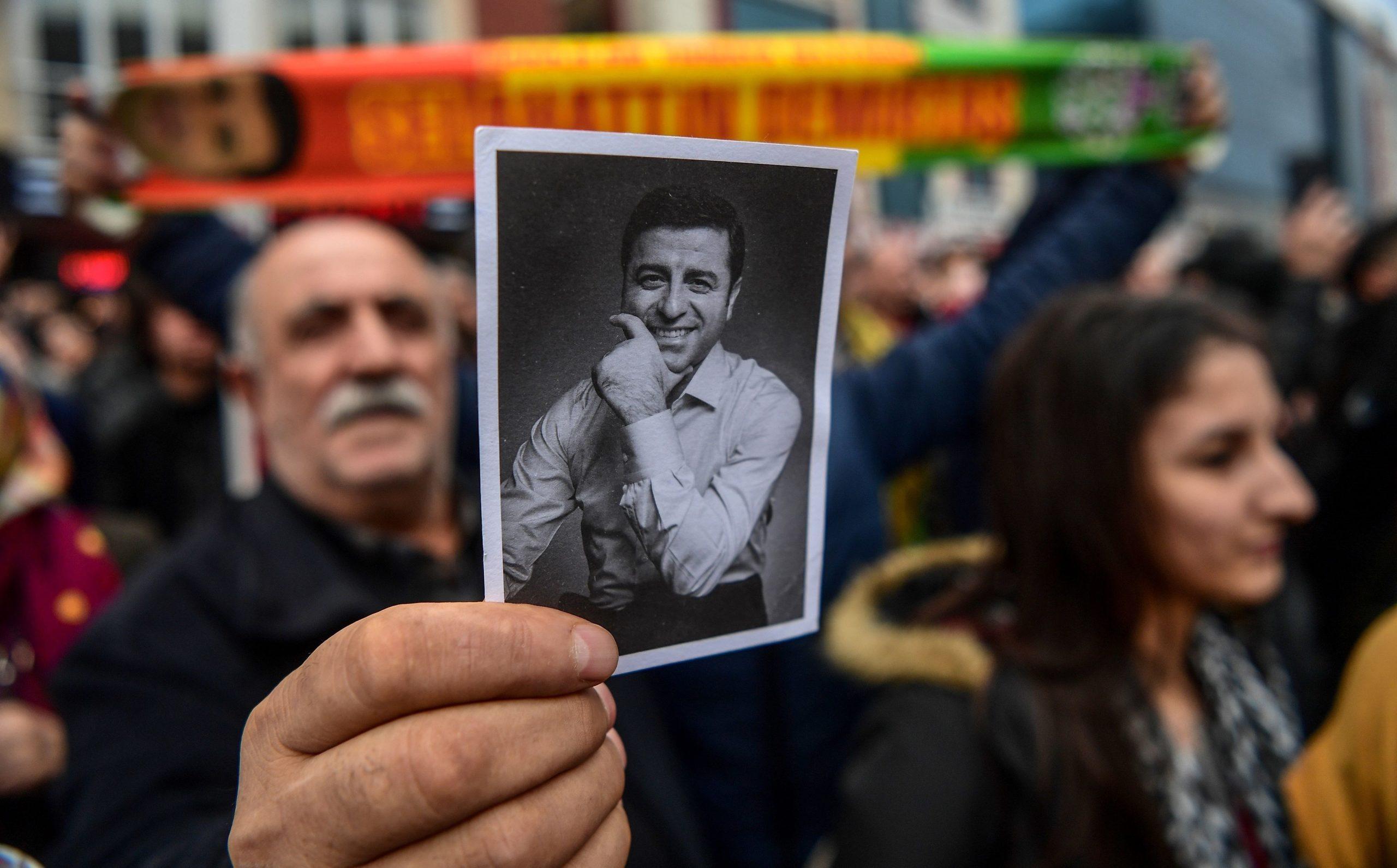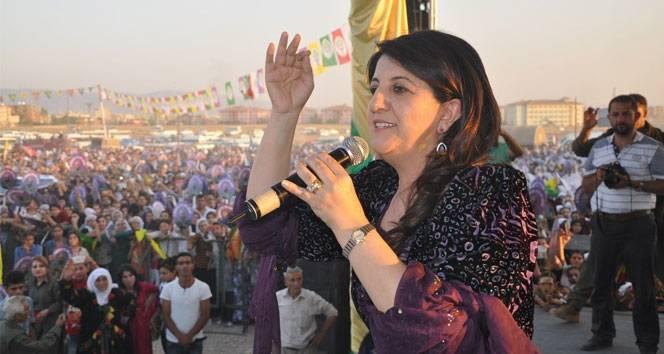
Interview with Pervin Buldan, Kurdish MP of the HDP party

This interview was made by the Infoaut correspondants now in Turkey on the occasion of the electoral event these days
Let us begin with the upcoming elections. What are your expectations and how do you view the elections in the light of the interrupted peace process?
The June 7th results were very important to our party. Despite the obstructions and oppression, we managed to bring home 13.2% of the votes and 80 seats. It is the first time a Kurdish party manages to do this in the history of the Turkey. However, the Akp had other expectations in terms of the electoral results and since they couldn’t reach them they decided to hold new elections. The forthcoming elections will be on November 1 and I am sure that we will reach even better results, perhaps close to 100 seats, no matter how much the Akp has oppressed and targeted the democratic forces of this country with their politics of massacre. The peace process was freezed before June 7 on the initiative of the Prime Minister, I went to meet with Abdullah Öcalan on Imrali island on April 5 for the last time. But I think the forthcoming results on November 1 will positively affect the possibility for a restart of the peace process.
This brings us to our question regarding Öcalan. What is his situation as a detenee? How did he seem the last time you met him and what was his view on the period of the around last two years?
Let me put it like this. His health and spirit were as always good. I’ve met him 33 times and he looked good although he has been complaining about respiratory problems due to the humidity on the island. Mr Öcalan lives isolated from the other 5 detenees on the island, he is alone. A new room with a big table had been opened up above the place we used to do our meetings. But since the negotiations were broken, the new room where committees were to hold meetings is now empty. Mr Öcalan always gave important views and comments on the current situation in Turkey and the Middle East. He made efforts and calls for peace and the end to bloodshed amongs brothers and sisters. The peace process was all about this, that the weapons should be silenced and democratic politics were to speak. Mr Öcalan always criticized those who opposed the peace process. He rightly sees Hdp as a big chance for a more democratic Turkey and he never doubted that the party would easily pass the threshold if everyone worked hard for that, and he was right.
Could you describe Mr Öcalan’s role for the Kurdish Freedom Movement beyond the symbolic?
We are talking about the leader of a 40-years old movement. He is an important actor not only for the Kurds but for all the democratic forces working for peace in Turkey. He is a leader that, at least in my view, has given a great deal of work for the Kurdish freedom struggle and he has given life to the culture and identity of millions of Kurds. As a Kurdish citizen of this country, I think Mr Öcalan, who millions consider as their leader, has been very important in the victories in terms of rights and in the expansion of the movement. It is a great loss for Turkey and the world that such an important actor and leader has been locked up alone in a cell for over 16 years. If he would have been free and able to carry out the negotiations from outside, the country would be a safer place and not a sea of blood. Personally, I think he is a chance for Turkey in terms of peace and the possibility to democratically solve the Kurdish question.
From a foreigner’s point of view, it seems that the novelty of Hdp has been the capacity to open up a space in which many different peoples are able to find a common ground. Also, the last two years have witnessed both the Gezi resistance and that of Kobane. Have these two events affected the success of Hdp?
It’s true that the Hdp has been something new. People really believed in the Hdp at the June 7 elections. Turkey is for the first time home to a party which is not only representing the Kurds but all the oppressed peoples. We weren’t really able to say this earlier when we were a party almost exclusively for the Kurds. Not only Kurds and Turks live in Turkey. The aim of the party was to represent all the oppressed of this country. Now, we are a party which gives space to Armenians, Circassians, Assyrians, Alevis, Azeris, women, youth and LGBT and all those who are being silenced and ignored. Turkey has never seen a party of this composition before. I think this is a key to our success in passing the 10% threshold. And the Kobane resistance, too. ISIS attacked and went into Kobane, massacred people, and raped women with the support of the Turkish state. Turkey fed ISIS without caring about the people of Kobane. When we met with state officials, we insisted on how important Kobane is to the Kurds also in Turkey who will rise up if their relatives are massacred. Despite the concerns we expressed, the government unfortunately couldn’t make good politics. The government that chose to support ISIS in front of the massacres in Kobane and the suffering of the Kurds brought about the uprising of 6-7 October 2014. I think this had a great impact on the electoral results. So did Gezi in western Turkey. These two events brought together the Kurds and those oppressed segments who wanted to give their support for the Kurds together. The democratic and oppositional forces composing Gezi eventually claimed Hdp as their party which also helped us passing the threshold.
You have been an activist in Yakay-Der, an organization that aimed to bring attention to the ‘disappearances in custody’ cases of the 1990’s. What differences do you see in terms of state violence today with regards to that during the 90’s?
As a person who has lived through the 90’s of torture, extrajudicial killings, and dissappearances, I must say there is a great difference between the two periods. Today, there are no longer certain groups within the state that carry out these crimes in secrecy. Today, things are completely in the light when the Akp government gives direct orders to their security forces to carry out killings. Back then, we had groups like Jitem and Kontrgerilla carrying out killings with the involvement of the state whereas today the government is also involved and the murders are witnessed by everyone. In the last 3-4 months, we have therefore witnessed some of the most blooded massacres in Turkey’s history. Cizre is one example where 22 people were killed by security forces under the curfew which ruled in many placed in Kurdistan. In Suruc, 33 young persons who had come in solidarity with Kobane were massacred by ISIS under the surveillance of the security forces. Then we have Ankara where two suicide bombers exploded at the peace manifestation. All of these happened under Akp rule and are completely different from the killings in the 90’s. It’s more evident how the government is involved in the massacres and it’s all in the light. Thus, we are in a situation even worse than back then.
As a women and a kurd, how do you see the recent uprisings in Palestine?
Honestly, I haven’t had the time to follow what is going on there. I don’t think the palestinians have a very different reality than us here in Turkey. It’s everyone’s duty to rise up against oppression and injustice. This is happening everywhere. If women and youth rise up there, it is out of necessity. Citizens struggling for the democratization of their country, for their rights, come together for a better place to live. Palestine is an example, Turkey another.
Ti è piaciuto questo articolo? Infoaut è un network indipendente che si basa sul lavoro volontario e militante di molte persone. Puoi darci una mano diffondendo i nostri articoli, approfondimenti e reportage ad un pubblico il più vasto possibile e supportarci iscrivendoti al nostro canale telegram, o seguendo le nostre pagine social di facebook, instagram e youtube.













